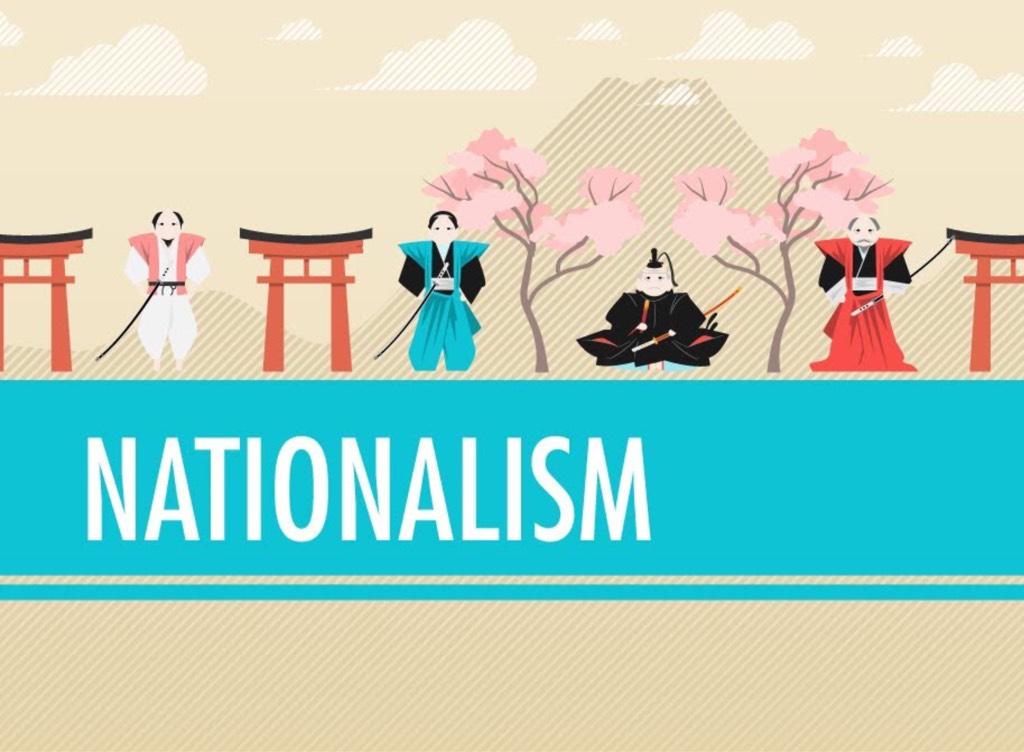Sign up for FlowVella
Sign up with FacebookAlready have an account? Sign in now
By registering you are agreeing to our
Terms of Service
Loading Flow


1. Nationalism was an intense form of patriotism. Those with nationalist tendencies celebrated the culture and achievements of their own country and placed its interests above those of other nations.
2. Pre-war nationalism was fuelled by wars, imperial conquests and rivalry, political rhetoric, newspapers and popular culture, such as ‘invasion literature’ written by penny press novelists.
3. British nationalism was fuelled by a century of comparative peace and prosperity. The British Empire had flourished and expanded, its naval strength had grown and Britons had known only colonial wars.
4. German nationalism was a new phenomenon, emerging from the unification of Germany in 1871. It became fascinated with German imperial expansion (securing Germany’s ‘place in the sun’) and resentful of the British and their empire.
5. Rising nationalism was also a factor in the Balkans, where Slavic Serbs and others sought independence and autonomy from the political domination of Austria-Hungary.
5 key points
4
